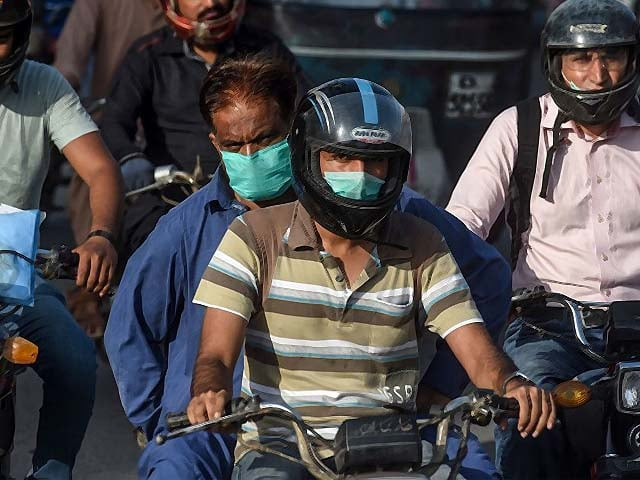With the first half of 2020 behind us, the Covid-19 virus still continues to rage on all over the world. Current estimates reveal 14.1 million individuals having contracted the virus worldwide, with the global death toll having crossed the 602,000 mark as of 18th July 2020. Such stark figures reveal a bitter truth: unless this virus can be adequately contained, economic recovery cannot be fully achieved.
Compared to earlier, more appealing projections where economies were expected to bounce back by having a quick V-shaped recovery in a matter of months, this notion now seems like a long-forgotten fantasy that could not seem more far-fetched under present circumstances. The hopes of a sharp economic rebound have faded well into the past, giving way to a slower and more gradual shift towards achieving a sustained recovery. According to the IMF, the global economy by the end of 2021 would be barely any different from what it was at the end of 2019.
Furthermore, US and European economies are expected to be 4% smaller. On the macroeconomic level, spending is expected to fall and the incidence of bankruptcies is expected to rise, thereby driving a wedge in fully functional organisational capital. On the microeconomic level, the persistence of social distancing would lead to large consumption and production changes.
One of the direst socio-economic consequences that would have to be addressed in a post pandemic world would be that of rising inequality. Coupled with the hollowing out of the middle class, primarily due to coronavirus, high inequality levels would ultimately lead to socio-economic dysfunction. The demand for capital will increase, as machinery becomes more attractive especially in more labor-intensive sectors. Furthermore, since the low-income earners spend a higher proportion of their income on necessities, any changes in inequality driven by the increased use of capital would prove to be more contractionary in nature.
According to Joseph Stiglitz, these conditions will be further exacerbated due to monetary policy. Where this policy can help firms deal with temporary liquidity constraints, it will be unable to address solvency problems or stimulate the economy when interest rates are already near zero. Breaking down firm-related arguments further, Joseph Stiglitz, a Nobel Laureate in economics, emphasises on the need to focus on firms that require relevant financial assistance. Helping firms already in decline before the virus hit would be creating ‘zombies’ which would hinder economic progress and development. Similarly, providing government assistance for firms that are deeply entrenched in debt would do little in terms of providing firm protection.
As is obvious, the need to address dismal healthcare systems is paramount, with the need to ensuring availability of personal protective equipment (PPE) and enhancing hospital capacity being of utmost importance. With most governments allocating resources to strengthening healthcare systems, it is imperative that they also aim to achieve and shift to a greener, more knowledge-based economy. Policymakers should strive to achieve a sustained recovery, one which ensures economic efficiency and social progress. According to Stiglitz, the economy should now be stimulated by investing in the green economy, with recovery reforms delivered in a timely and efficient manner. Public spending directed towards achieving the green transition would be far more effective than trying to impose tax cuts on the economy.
This pandemic has created a unique opportunity to introduce long-run systemic changes that can help prevent inequality spiraling further downwards. To ensure sustained economic growth, more weightage needs to be given to maintaining its quality and direction instead of merely relying on its speed. For this, metrics beyond GDP need to be looked at so any growth achieved in the future can be recorded taking inclusivity and sustainability into account. Governments need to be vigilant and monitor inequality levels, adopt more social protection measures and aim to develop socio-economic mobility in their recovering economies. With both the public and private sectors actively working together, existing sectors requiring improvement can be reshaped such that a more transformative economic impact is achieved.
Another useful strategy for the post-confinement era would be to encourage people to shift between sectors by undertaking skill enhancement trainings and modifying furlough programs so employment levels can be maintained. Similarly, policies that provide liquidity and income security as well as aim to incentivise work should be adopted so that people and businesses can be kept afloat and to ensuring that a quick economic restart may as well be achieved in the future.



COMMENTS
Comments are moderated and generally will be posted if they are on-topic and not abusive.
For more information, please see our Comments FAQ